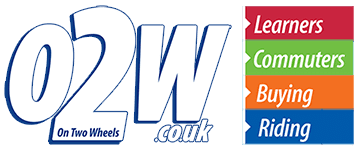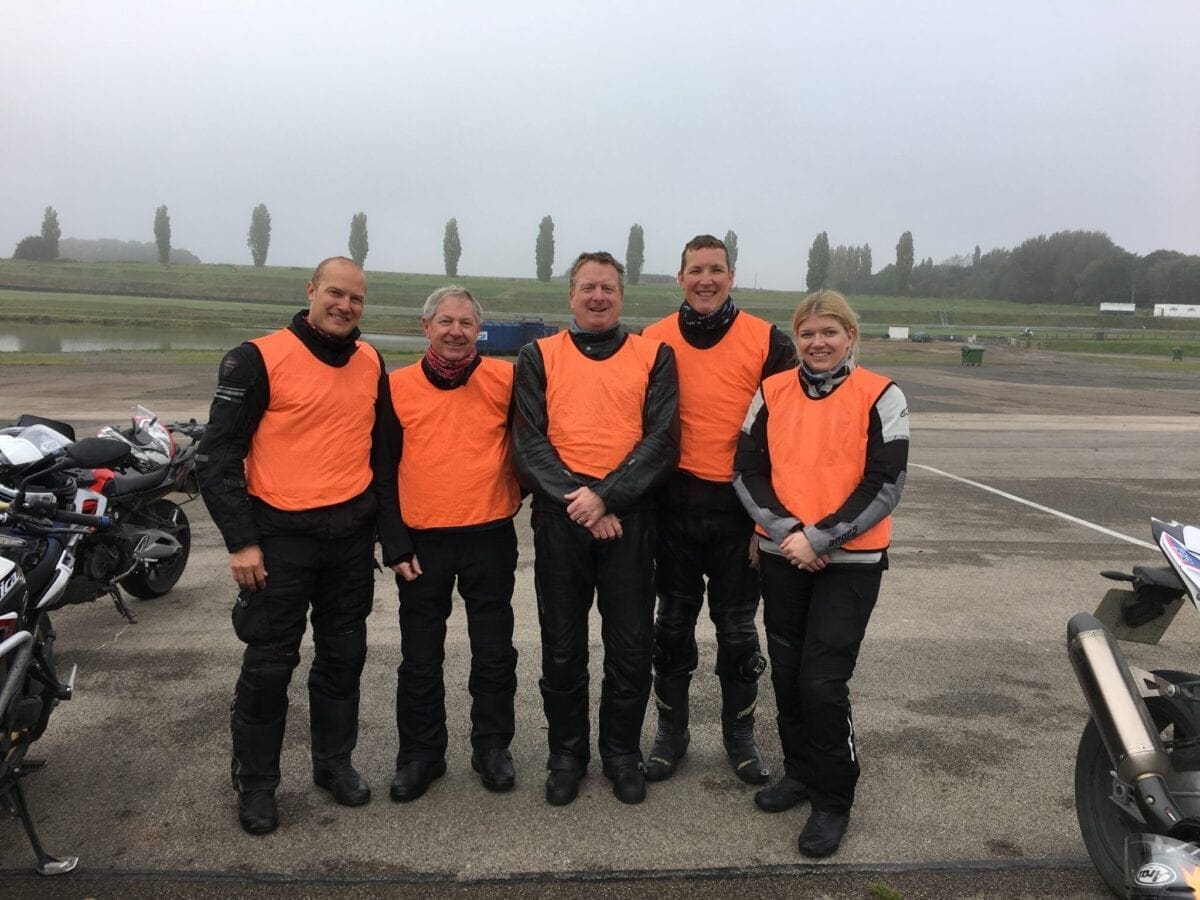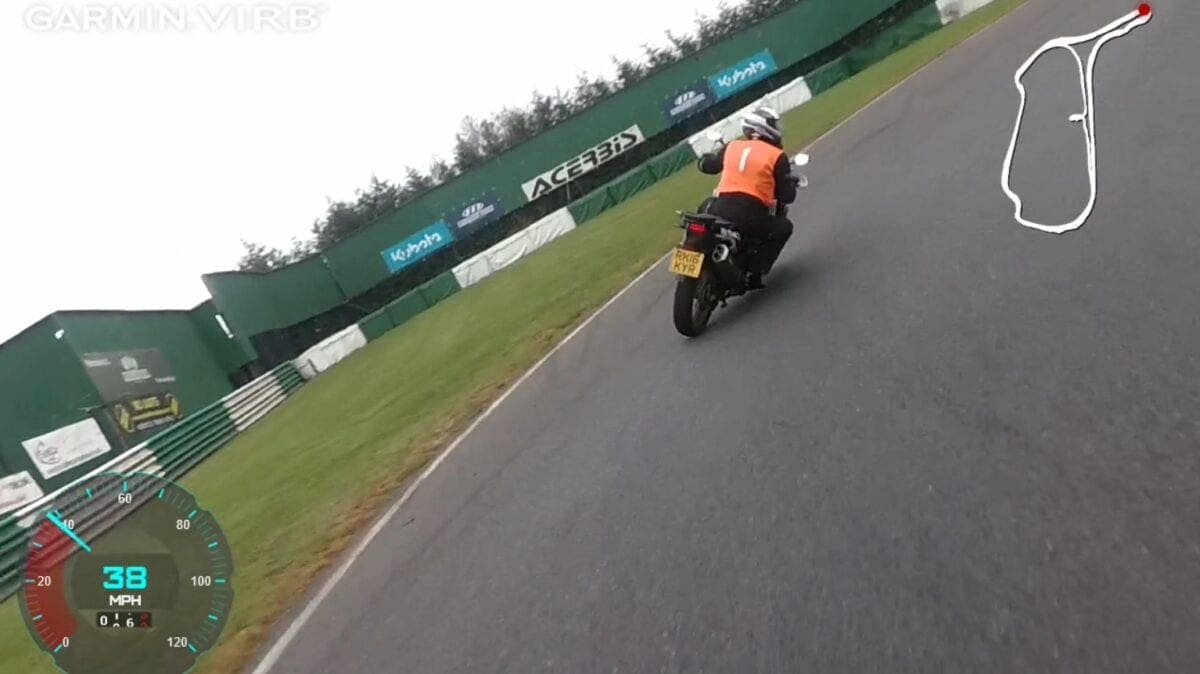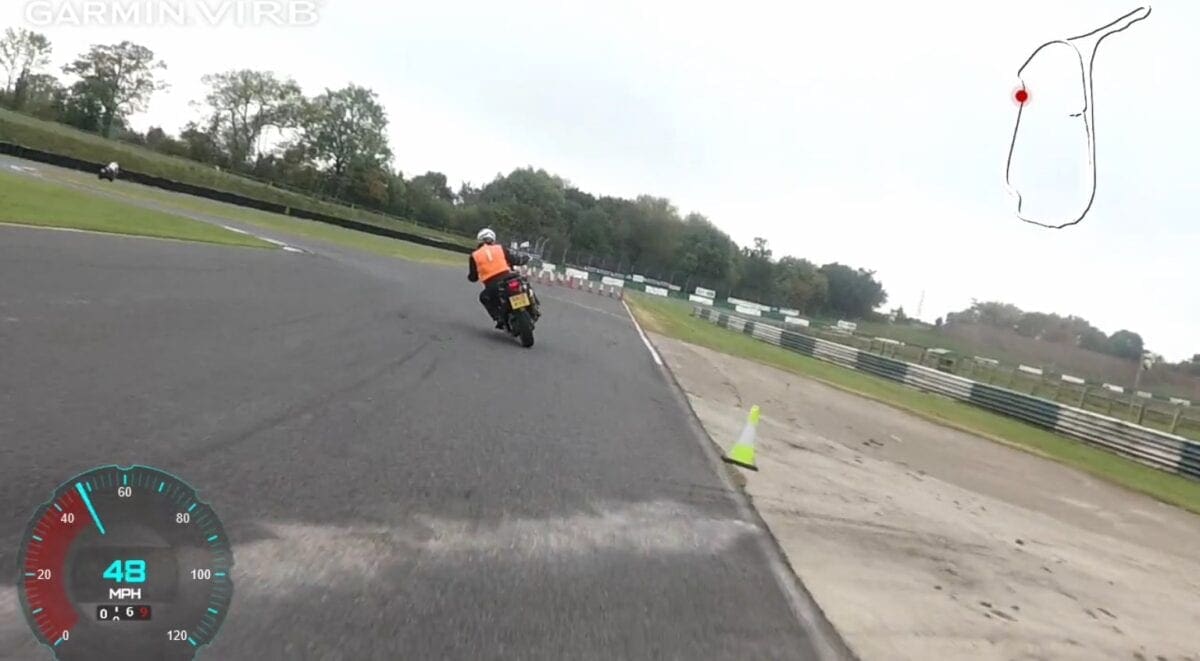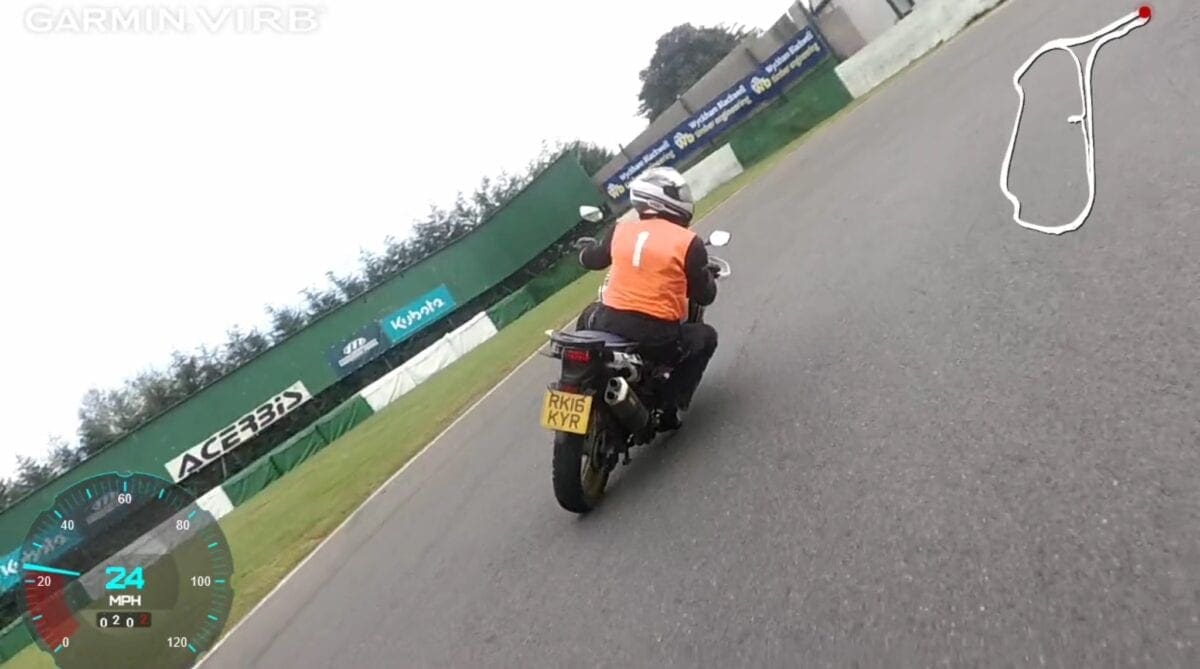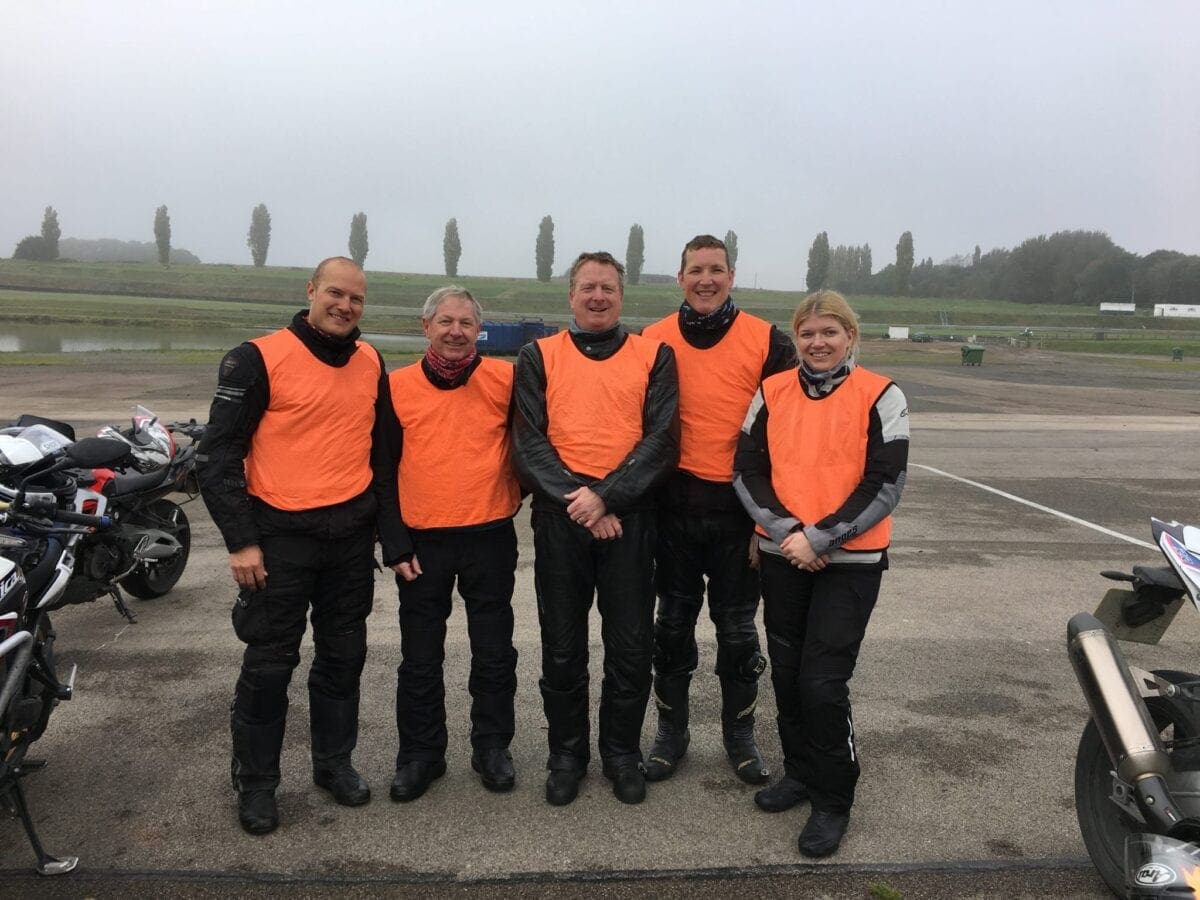
A skills day at a racetrack is not the first thing you’d associate with IAM RoadSmart, an organisation devoted to improving road safety. But there I was, at the legendary Mallory Park circuit near Leicester, with 60 other riders ready to hit the smooth Tarmac with intent.
The idea, however, was not just to hoon around the circuit as fast as we could, but to improve our riding technique to make us better riders on the roads. The emphasis was on the correct use of throttle and brakes, steering and body positioning – and most of all, building confidence in cornering safely.
We were encouraged to ride at around 75% of our ability. This was considered to be the ideal point where we would get up to enough speed to challenge ourselves, but still be able to learn rather than just hang on for dear life.
Enjoy everything More Bikes by reading monthly newspaper, Read FREE Online.
This was a full day of training with six classroom sessions, each followed by 20 minutes of track time. That’s more time on Tarmac than most race schools let you have in a day, so I was happy with that!
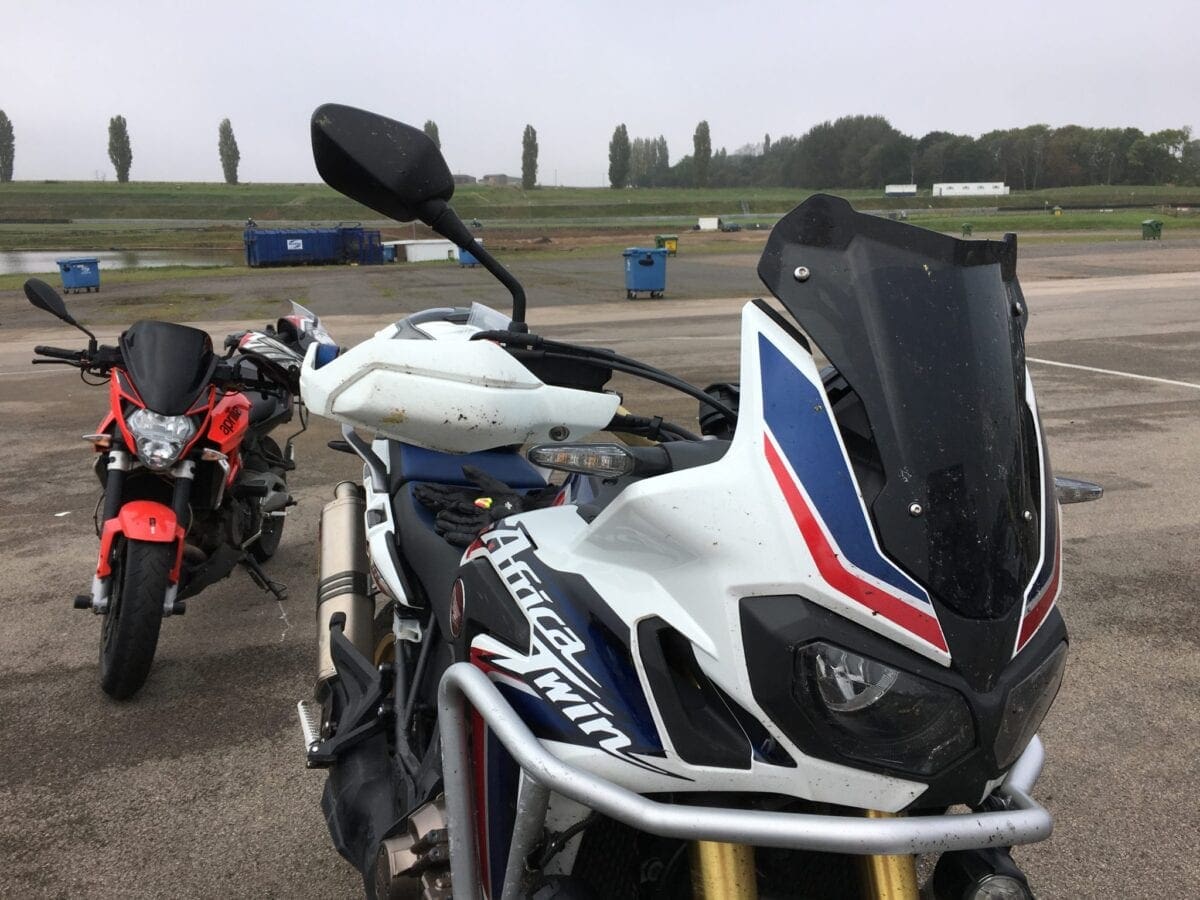
Back to school
The classroom sessions each concentrated on one area of our riding, such as braking, steering, acceleration and positioning. The delivery was clear and concise, with just enough information that you could still retain it in your head as you headed out to the track (it’s incredible how easily all superfluous information disappears from your brain as you’re just concentrating on hitting a corner with some speed).
Since today was all about improving our road riding, the theory was delivered with this in mind. And since this was an advanced riding day, you couldn’t escape the fabled IPSGA mnemonic. It’s not the catchiest acronym out there, but it has served the IAM RoadSmart and the Police riders well for years. For those not familiar with it, the letters stand for Information, Position, Speed, Gear, and Acceleration. The idea is that the IPSGA approach can be applied to any situation on the road to help the rider deal with it consistently and safely. The information phase runs through the whole process, while position, speed, gear and acceleration are dealt with in sequence.
The system seemed to work well on track too: constantly gathering information about the track and riders around you, positioning for the corners, adjusting speed for the different track features, selecting the right gear to keep the machine responsive and then accelerating out of the corners.
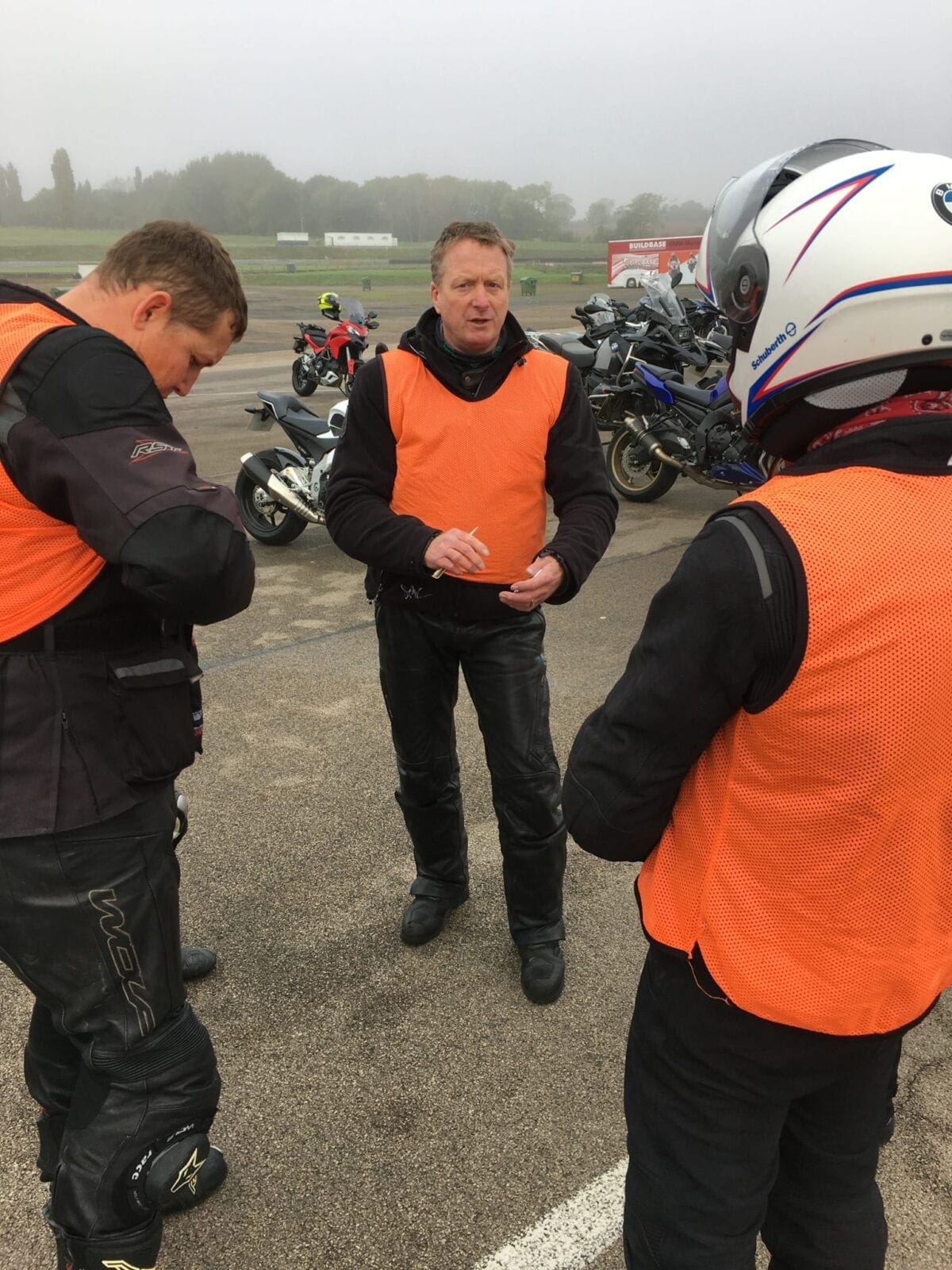
On the right track
The circuit provided us with a nice combination of fast and slow corners and a couple of straights – perfect for honing our braking, steering and cornering skills.
We were divided into three groups: slow, intermediate and fast. I picked the middle one and was then further allocated into a smaller group with the coach Andy, and three other riders: David, Alice and Dennis.
As the track is fairly short it was fairly easy to memorise the corners and get a mental picture of the track. After the first session I felt like I had it pretty much sussed out. I particularly liked Gerard’s, the long and fast right-hand corner where you could just tip into the bend, sit tight and enjoy it before Charlie’s chicane.

As the day progressed our group became faster and smoother, with Andy providing feedback after each session. He had individual pointers for us all, depending on what we needed to concentrate on. Strangely, we were all pretty close to each other in terms of speeds, but we all had different areas of riding that needed attention. For one it was body positioning, while another worked on braking. In each case, the improvement throughout the day was phenomenal. From a tentative start, we worked our way up to impressive speeds, and looked a lot more relaxed on our bikes. By the end of the day, David had scratches on his knee sliders, Alice was flying through the chicanes at speeds the rest of us simply couldn’t match, and Dennis was tipping his big BMW GS into lean angles that would have scared the living daylights out of us just hours before. And the key thing in all of this was that it was all done with ease and confidence, without stretching our limits. What a result!

Road skills
The aim of the day had been to improve our road riding, and amid all the fun we had, I certainly felt better about my cornering ability – whether on track or road. Being able to practise cornering in a safe track environment, where you don’t have to worry about other road users, unknown road features or hazards makes it easy to build consistency. You know that every time you ride around a particular corner, it will be exactly the same. Repeat that 50 times and you start to get pretty good at it.
The day was also very useful in getting to know your bike. On roads you don’t normally accelerate or brake as hard as we did on the track, so you don’t necessarily know how your bike handles under more pressure. The track was just the spot to find out.

The day was very well organised, with plenty of staff to look after us, classroom sessions delivered well, and the track coaches always there to help you improve. If you are interested in improving your riding, this is a great place to get up to speed.
Course details
IAM RoadSmart Skills Days are run on various circuits in the UK during the summer months. Prices vary slightly depending on the location, but to give an indication, the day at Mallory Park cost £135. For further information, visit www.iamroadsmart.com
Words: Mikko Nieminen
Advert
Enjoy everything More Bikes by reading the MoreBikes monthly newspaper. Click here to subscribe, or Read FREE Online.
